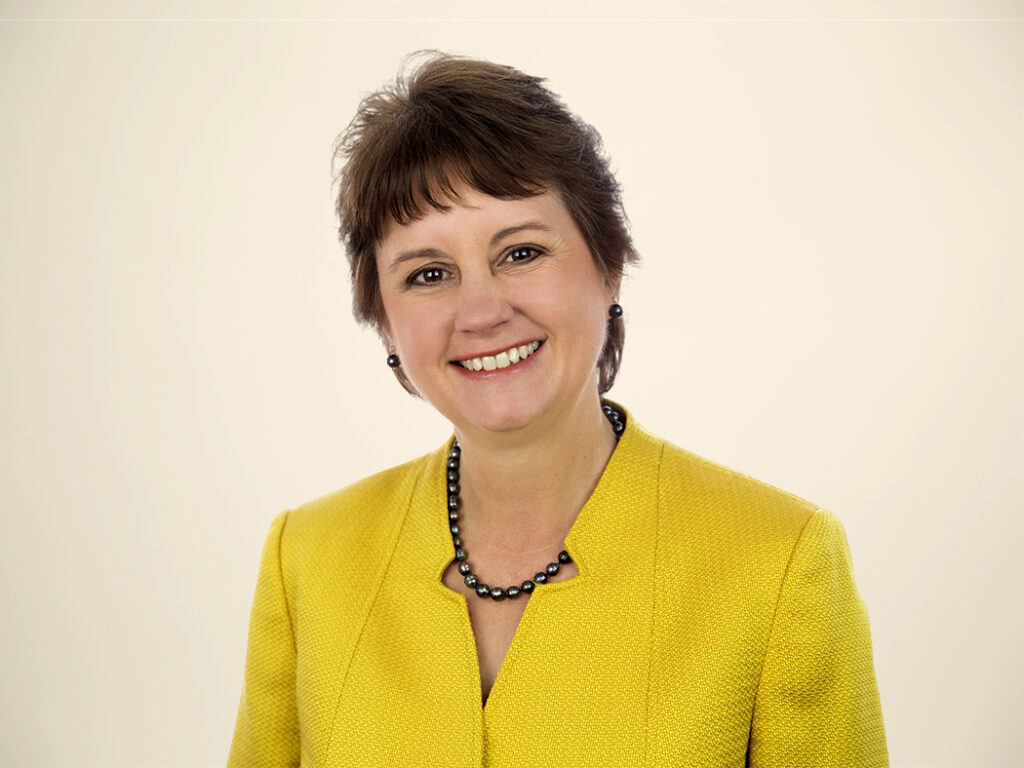B2B CMOs: Is It Time for you to Evolve or Move On?
Digital channels, online social activity, and mobile technology give business buyers unprecedented purchasing power. Just look around your next sales or customer meeting, count the number of smartphones and tablets, and see if you disagree. 
To capture the attention of the perpetually-connected business buyer, we see B2B CMOs taking on significantly broader, and often unfamiliar, responsibilities. To learn exactly how top marketers respond to these new world challenges, Forrester teamed with the BMA to conduct a joint study about the pace of change, skills required, and degree of collaboration needed to deliver the always-on experiences business buyers now expect.
Kathy Button Bell, 2013-14 BMA Chair, and I presented the findings from this study of 117 marketing leaders during the BLAZE conference last May. I'm now following this presentation with a new report that takes a closer look at the evolving role of the B2B CMO — a report that we would like to share with our friends at the BMA and with you. To get a complimentary copy, please visit this site to register for and download the report.
What did we find in the survey responses? That it’s never been a better time to be a B2B marketer!
B2B marketing executives enjoy more company clout. For example, a majority 88% of respondents said their peers turn to them more often for data and insight needed to strategize and plan, and 78% agreed that marketing’s influence on corporate strategy is greater today than it was just two short years ago. This is a welcome change from the days when marketing's role seldom ventured beyond the "make it pretty" department.
This new peer and boardroom attention energizes many B2B marketing leaders. Yet many also express concern over the skills and cross-department teamwork needed to meet the rising tide of business expectations. Practically all those surveyed (96%) feel that the breadth of marketing skills needed for their teams to succeed has increased dramatically. To fill the gap, 60% said they seek out younger workers in the hiring process who have greater technical comfort and facility.
The report contains many other key insights that show how B2B CMOs have graduated from a walk-on role in some "Off-Boardroom" play to headlining the executive show when they embrace new job mandates and:
- Keep an eye on strategy, not tactics. Effective CMOs become more accountable when they adopt objectives linked directly to overall business goals — like customer acquisition, retention, market share, and account penetration.
- Collaborate with peers to obsess over customers. Marketing execs deepen customer engagement when they coordinate input across the enterprise to identify gaps in sales, purchase, and support experiences that inhibit fanatical attention to customer interactions.
- Delegate effectively. Rather than taking on more tactical activity, top chief marketers prioritize their calendars based on three factors: 1) strategic importance; 2) customer value; and 3) long-term brand health. Everything else, they give to someone else to do.
Looking beyond this research, we see B2B CMOs who improve their team's agility and simplify peer working relationships moving on to greater corporate leadership opportunities. Key to this transition will be his or her ability to span organizational silos and focus corporate strategy, energy, and budget on enhancing knowledge of and engagement with customers. Those who fail to achieve these ends will move on to different company roles or other careers.
Please take a moment to download the research and let me whether your experiences parallel those of the marketing leaders profiled in our survey. And tell me how you see the role of the B2B CMO evolving or moving forward.
